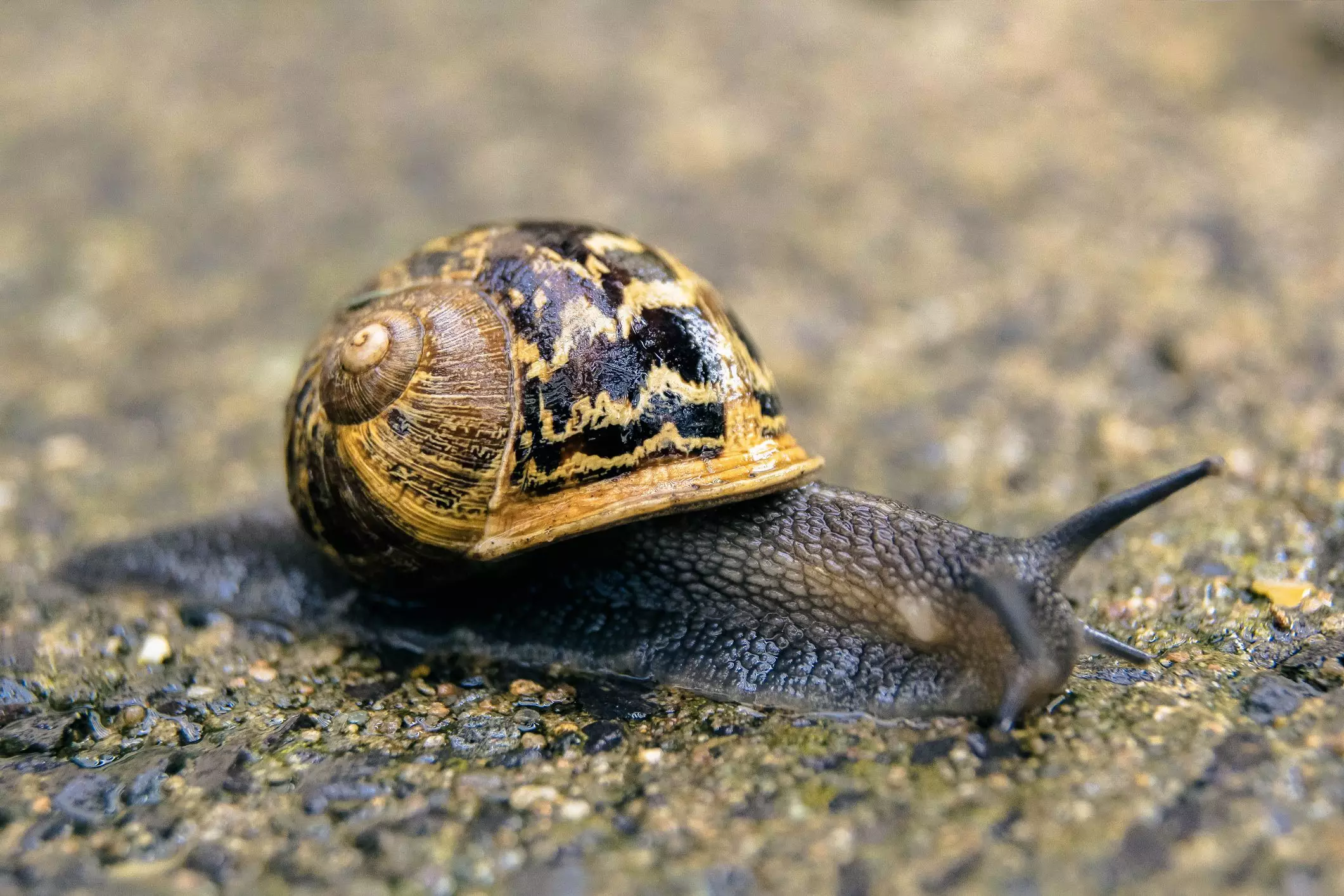Pet ownership often brings to mind images of playful puppies, fluffy kittens, or perhaps more exotic creatures like reptiles and birds. Yet, in a world where many seek to stand out, an unexpected contender is quietly making waves in the pet community: the garden snail. Unlike traditional pets, these unassuming mollusks offer a unique blend of simplicity, charm, and intellectual fascination. Here, we explore the suitability of garden snails as pets, their care requirements, and what makes them an appealing alternative to more conventional animal companions.
Garden snails, scientifically known as *Cornu aspersum* (formerly *Helix aspersa*), are a smaller species of land snail that generally do not exceed two inches in shell diameter. This makes them a manageable option for individuals wishing to own a pet without significant demands for space or time. In prior years, giant African land snails attracted enthusiasts, but their classification as an invasive species has rendered them illegal to own as pets in the United States. Consequently, garden snails have emerged as the favored alternative.
These snails possess a quiet demeanor and are often described as curious creatures, gliding gracefully on a single foot ensconced in mucus, which aids their movement. Unlike furry pets that demand energetic interaction, snails are content to navigate their surroundings slowly and contemplatively. Their gentle nature can appeal to pet owners looking for a low-maintenance companion.
The Care Requirements for Garden Snails
Establishing a proper habitat for garden snails is crucial to their well-being. A glass or plastic aquarium or terrarium is an ideal choice, providing ample space for them to explore and an environment easy to maintain. The enclosure should accommodate a few inches of suitable substrate like compost or coconut fiber, which is important for moisture retention and allows for a natural lifestyle.
Humidity levels also significantly influence the health of garden snails. Using a hygrometer, owners can monitor conditions in the habitat, maintaining ideal humidity levels, which are critical for these creatures. Additionally, providing a shallow water dish not only enhances humidity but offers hydration options for the snails. A simple hiding place is essential; snails need a cozy retreat to retreat to when they feel threatened or want to sleep.
Diet is another vital consideration. Garden snails are herbivorous and thrive on a diet rich in fruits and vegetables. The inclusion of cuttlebone or sources of calcium, such as crushed eggshells, is essential for shell health. Common offerings can include lettuce, strawberries, carrots, and several other pesticide-free produce items. Different types of protein should complement their diet occasionally, contributing to overall health.
Handling with Care: The Challenges of Pet Snail Ownership
While snails are lauded for their docility, handling them requires a gentle touch and mindfulness of their delicate nature. Picking them up incorrectly can lead to lasting damage or even fatal outcomes, especially considering the connection between their bodies and shells. For starters, they should never be held by the shell, as this can injure the mantle—a vital part of their anatomy.
Instead, allowing a snail to crawl onto a person’s hand or using an object like a tongue depressor is advisable. It’s worth noting that handling snails is not the same as playing with a cat or dog; snails do not display affection or interact with humans in the same way, leading some to feel a disconnect compared to more social pets.
Owning a garden snail comes with specific advantages. They demand minimal financial commitment, with infrequent needs for supplies and maintenance. Their low activity level is ideal for those with busy lifestyles, and they don’t require the same time investment as traditional pets. Furthermore, snails are silent, which is a significant advantage for those living in noise-sensitive environments.
However, despite these benefits, snails do not provide the companionship many pet owners seek. An aspiring snail owner should expect a creature that is more interested in its surroundings than in forming an attachment. They lack the ability to be trained or respond to affection. Moreover, their lifespan of two to three years, while typical, can be a consideration for those wanting a long-term companion.
Garden snails can make for a fascinating and rewarding pet for those willing to understand their specific care needs and embrace their distinctive lifestyle. Their low-maintenance nature and intriguing behaviors provide a calming presence in any home. As unconventional pets, they cater to individuals who appreciate the beauty in simplicity rather than the demands of more high-energy animals. Ultimately, those who choose to welcome a garden snail into their lives will find a quiet, unique companion, perfect for those seeking something a little different.

